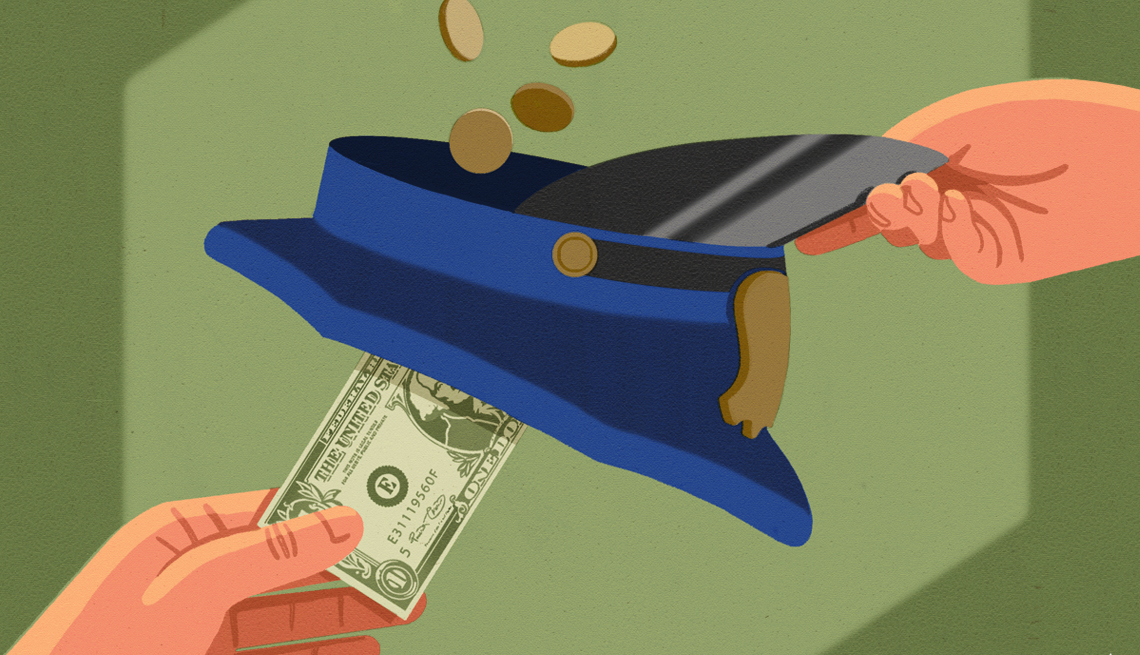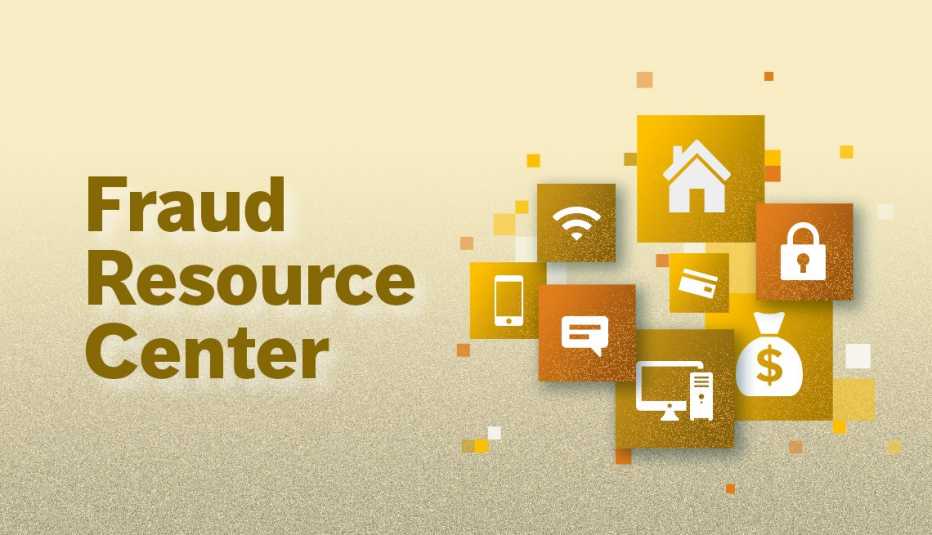AARP Hearing Center
“I’m calling on behalf of the National Save the Police Fund,”* the voice on the phone told me. “We support police officers who risk their lives daily protecting our communities. Can the police officers count on you?”
Gotten calls like this? So have we all. At the end of 2021, robocalls raising money for police groups were the highest-volume phone messages in most major U.S. markets, according to Nomorobo, a robocall-blocking company that works with AARP on fraud prevention.


LIMITED TIME OFFER Memorial Day Sale! Join AARP for just $11 per year with a 5-year membership Join now and get a FREE gift. Expires 6/4
These callers typically use language that suggests they are charities raising money directly for local police. But what’s the truth.
The answer is that, in many cases, these aren’t charities at all. Instead, they’re “independent, expenditure-only” political action committees, or super PACs. Why does this matter? Simple: less scrutiny. Charities face relatively rigorous review from the Internal Revenue Service, and most states require them to register before they can operate there.
Super PACs generally have far fewer state-level reporting requirements and are regulated by the Federal Election Commission (FEC), which has fewer enforcement options than the IRS. The result: a rise in super PACs that use sympathetic-sounding causes primarily to line their own pockets (the FEC has called this subset “scam PACs”).
I recently took about a dozen of these “police-support” calls to hear the pitches. The first thing I noticed was that I wasn’t talking to live people; the answers all sounded scripted and recorded. In fact, former employees of these types of fundraisers have testified about how they used soundboard technology to play prerecorded messages as responses, in part so they could talk to several donors at once.
On each call, my questions about how donations got spent mostly went unanswered. Only one replied directly: 90 percent went to fundraising, and 10 percent went to police support. Wow! That means of a $35 donation, no more than $3.50 goes to their stated cause.





































































